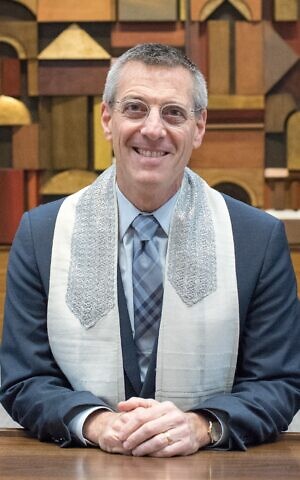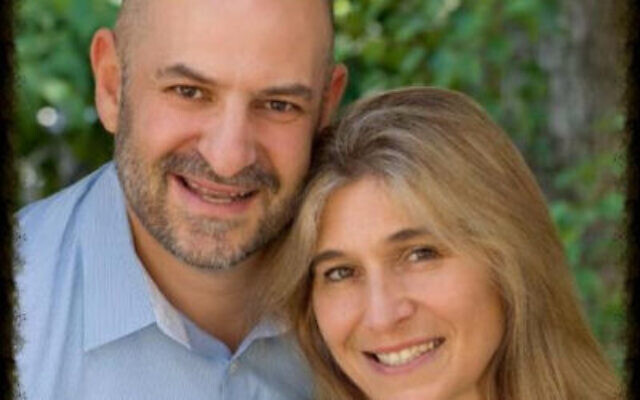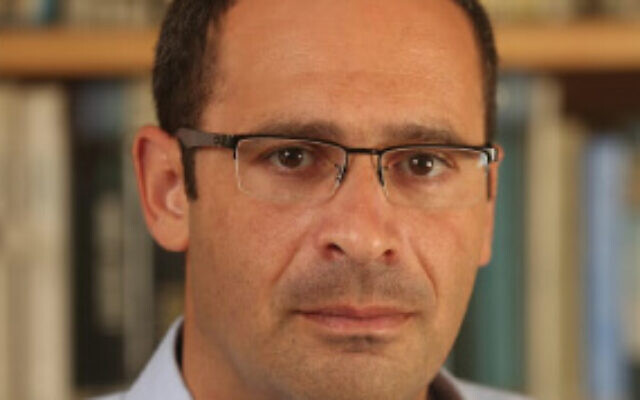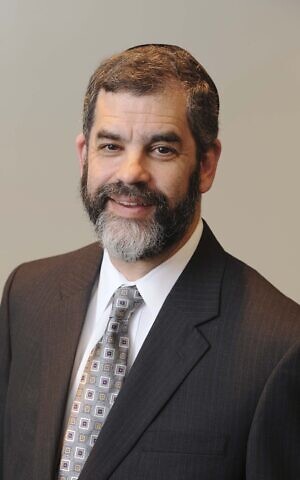Conversion Ruling Elicits Strong Reactions
Residents of Israel who have Reform and Conservative conversions are now eligible for citizenship.
Predictably, the reaction to the recent Israeli Supreme Court ruling that allows residents of the country who are converted by the Israeli Reform and Conservative movements to become citizens is as varied as any opinions among Jews. Similarly, the predictions about the long-term ramifications of the ruling are just as divergent.
In general, the non-Orthodox communities in both Israel and Atlanta are welcoming the court ruling, while those in the Orthodox communities are either condemning it in rather florid terms or questioning its legitimacy.

Temple Sinai Rabbi Ron Segal sees the Israel Supreme Court ruling as another step toward the recognition of the Reform and Conservative movements within Israel. That recognition “has been advancing for quite some time,” the Reform rabbi said. He noted how in 2012 Israel started compensating Reform rabbis who serve government positions in communities there. Rabbi Miri Gold of Kibbutz Gezer became the first non-Orthodox rabbi in Israel to have her salary paid by the government.
“This is an important step along the journey of growing acceptance” of the non-Orthodox Jewish communities, said Segal, who until recently was president of the Central Conference of American Rabbis, the Reform movement’s rabbinic group.
In its statement, the CCAR says the ruling “means that hundreds of longtime Israeli residents, who have converted to Judaism through the Reform and Conservative movements’ rigorous and meaningful courses of study may now register as olim [immigrants] and claim their rightful status as proud Israeli citizens. This ruling is a long-overdue, significant and celebratory achievement for Israel and the Jewish people.”
Rabbi Mario Karpuj made aliyah last year with his wife Rabbi Analia Bortz, both founding rabbis of Congregation Or Hadash in Atlanta. He said, “For those in the Reform and Conservative movements in Israel, it feels like a great victory after so many years of petitioning the court to apply the existing law.” However, he noted, “It does not change in any way the monopoly of the Chief Rabbinate on issues of marriage.”
In fact, the Israeli Supreme Court clearly pointed out that its ruling was not a religious ruling, but rather a civil ruling, meaning that issues of religion dealing with lifecycle events such as marriage and divorce are still under the authority of the Chief Rabbinate of Israel. There is no civil marriage in Israel.

This ruling focuses on Israel’s Law of Return, which gives foreign-born Jews, or anyone with a Jewish parent, grandparent or spouse, the automatic right to claim Israeli citizenship. For decades, those who have converted to non-Orthodox Judaism outside Israel have been able to gain Israeli citizenship. This new ruling only applies to non-citizens living in Israel, many of whom are married to Israelis.
“The Court effectively completed the arrangement for the recognition of conversions, all based on previous court rulings, and from now on all conversion routes accepted by the Jewish people, when conducted in Israel, also have official recognition of what is perhaps the most important Israeli law: the Law of Return,” stated Dr. Shuki Friedman, director of the Center for Religion, Nation and State at The Israel Democracy Institute.

Friedman added that the Supreme Court had hoped for 15 years that the country’s legislature, the Knesset, would determine what constitutes a conversion, finally deciding that a decision had to be made in cases brought to its court in 2005.
Not surprisingly, the ruling – however restrained – upset the ultra-Orthodox community in Israel. In advertising for the upcoming March 23 election, one party compared Reform Jews to dogs.

In Atlanta, Beth Jacob Rabbi Ilan Feldman’s reaction was much more moderate. “By definition, the Supreme Court can’t decide who is Jewish,” he said, referring to the longtime controversial question of “who is a Jew?” He noted that the Supreme Court “didn’t claim to have jurisdiction over who is a Jew. In the general debate, someone in the world can’t be Jewish just because someone says so.”
Feldman’s question for Reform and Conservative rabbis is, “what kind of conversion would you not accept? And tell me what gives you the right to object? If someone started another Jewish movement, would there be some bottom line?”
He proposed the scenario of Jews for Jesus saying that converts into its movement would have to accept Jesus. “Would a Reform panel accept that, or say it’s outside the law?”
According to Feldman, the long-term ramification of the ruling is that “Israel ceases to be a place where we can all agree on certain standards. I don’t think the best way to promote standards is by legal control.”
But he emphasized that he’s “not a fan of forcing people to live a certain way. The best way to establish religious change is to be inspiring. If you put yourself into requiring a standard, that puts people off.”
Regardless of Feldman’s approach, leaders of the ultra-Orthodox parties in Israel are already suggesting ways to overturn the Supreme Court’s ruling. Indeed, these parties Prime Minister Benjamin Netanyahu relies on to form a coalition government have stated that they won’t join his government unless he agrees to invalidate the recent conversion ruling.




comments